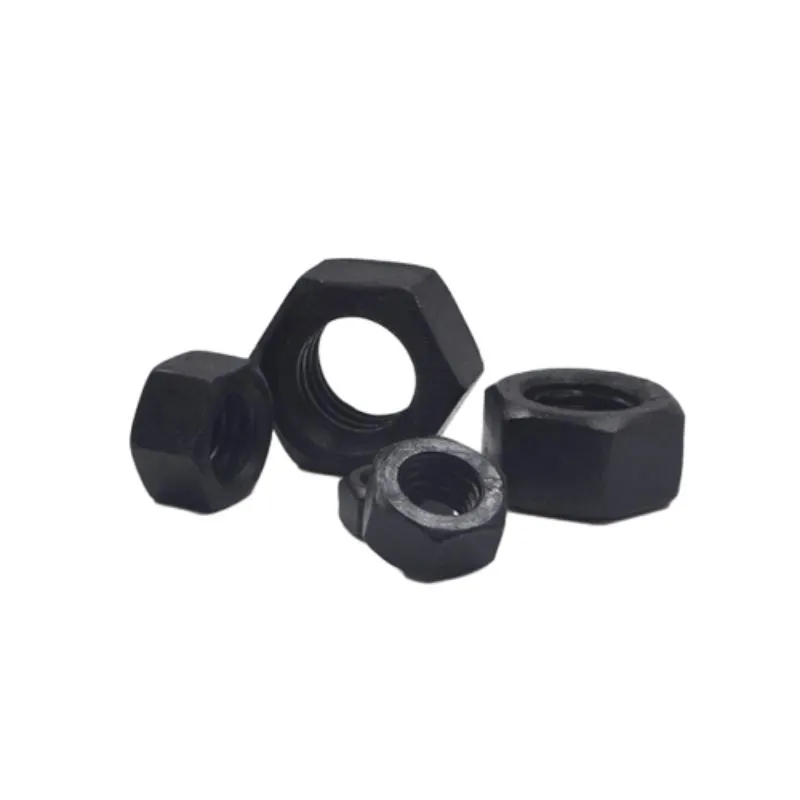Dec . 30, 2024 11:44 Back to list
screw manufacturer
The Unsung Heroes of Manufacturing A Closer Look at Screw Manufacturers
In the rapidly evolving landscape of manufacturing, there exists a category of production that often goes unnoticed yet serves as the backbone for countless industries screw manufacturing. While the world might marvel at the latest technological innovations or consumer products, the humble screw is a pivotal component that ensures the integrity and functionality of these advancements. This article explores the significance of screw manufacturers, the intricacies of their processes, and the challenges they face in a competitive global market.
The Importance of Screws in Manufacturing
Screws are more than mere fasteners; they are essential elements that bind components together, providing stability and strength across a broad range of applications. From automotive to electronics, construction to home appliances, screws play a critical role in ensuring the reliable performance of products. For instance, in the automotive industry, screws are used to assemble everything from engine components to interior fixtures, impacting safety and durability.
Screw manufacturers provide a diverse array of products, including machine screws, self-tapping screws, and specialty screws designed for specific applications. This variety is essential, as different industries require different specifications, such as corrosion resistance, tensile strength, and thread patterns. The ability to tailor screws to meet these unique demands highlights the expertise and innovation within the screw manufacturing sector.
The Screw Manufacturing Process
The process of screw manufacturing involves several steps, each requiring precision and expertise. It begins with the selection of raw materials, typically high-carbon steel or stainless steel, chosen for their strength and durability. The manufacturing process then typically includes the following stages
1. Cold Heading This process shapes the metal wire into the rough form of a screw using a high-speed machine that applies pressure to the metal. Cold heading is favored for its efficiency and ability to create strong, consistent fasteners without the need for extensive machining.
2. Thread Rolling After the screws are shaped, the next step involves rolling threads onto their surface. Thread rolling improves the strength of the screw by displacing metal rather than cutting it away, which can weaken the structure. This step can significantly enhance the screw's performance in its intended application.
screw manufacturer

3. Heat Treatment To ensure that screws achieve optimum hardness and resistance to wear, they undergo heat treatment. This process involves heating the screws to a specific temperature and then cooling them rapidly, thus enhancing their mechanical properties.
4. Finishing The final stages include surface treatment, such as plating or coating, to protect against corrosion and improve aesthetics. This step is crucial for screws intended for outdoor or harsh environments, where exposure can lead to degradation.
Challenges in Screw Manufacturing
Despite the critical nature of screw manufacturing, the industry faces several challenges. Global supply chain disruptions, particularly those exacerbated by the COVID-19 pandemic, have impacted raw material availability and pricing. Manufacturers must navigate these fluctuations while maintaining quality and meeting customer demands.
Moreover, as industries evolve, so too do the innovations required in screw design and manufacturing. The rise of automation and Industry 4.0 necessitates that screw manufacturers adopt advanced technologies, such as robotics and artificial intelligence, to enhance efficiency and precision. This transition requires investment and training, posing a challenge for smaller manufacturers who may lack the resources to compete with larger entities.
Future of Screw Manufacturing
Looking ahead, the future of screw manufacturing appears promising. As sustainability becomes a priority across industries, manufacturers are exploring eco-friendly materials and processes. The demand for lightweight and high-strength fasteners is also expected to grow, particularly in the aerospace and electric vehicle sectors, where performance and efficiency are paramount.
In conclusion, while often overlooked, screw manufacturers are vital players in the global manufacturing ecosystem. Their ability to adapt to changing demands and technological advancements will shape the future of not only screws but also the broader industries they support. Recognizing their contributions and the complexities of their processes is essential in appreciating the intricate web of manufacturing that drives our modern world.
-
The Ubiquitous Reach of DIN934 in Application Realms
NewsMay.16,2025
-
Exploring Different Bolt Types
NewsMay.16,2025
-
Cracking the Code of Sleeve Anchor Mastery
NewsMay.16,2025
-
Clamp Design Principles,Types and Innovations
NewsMay.16,2025
-
Artistry Inspired by the Humble Anchor Bolt
NewsMay.16,2025
-
A Deep Dive into Screw Types
NewsMay.16,2025


